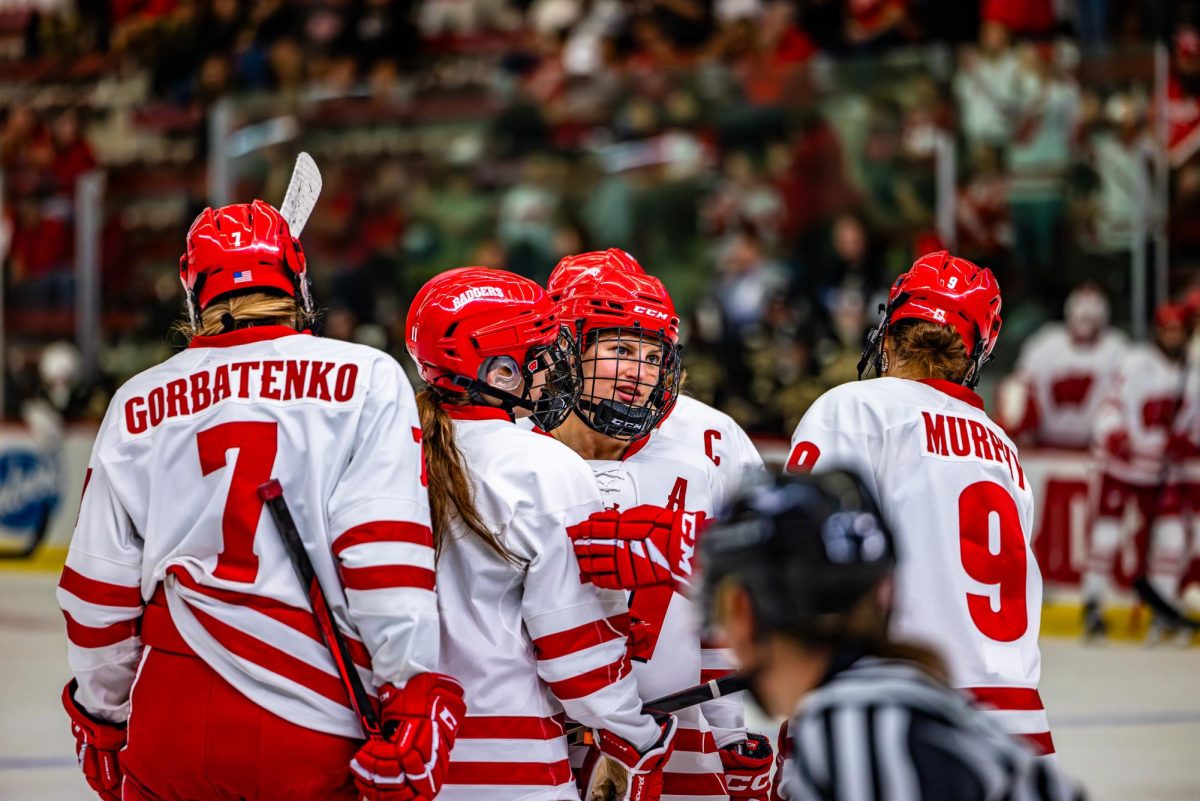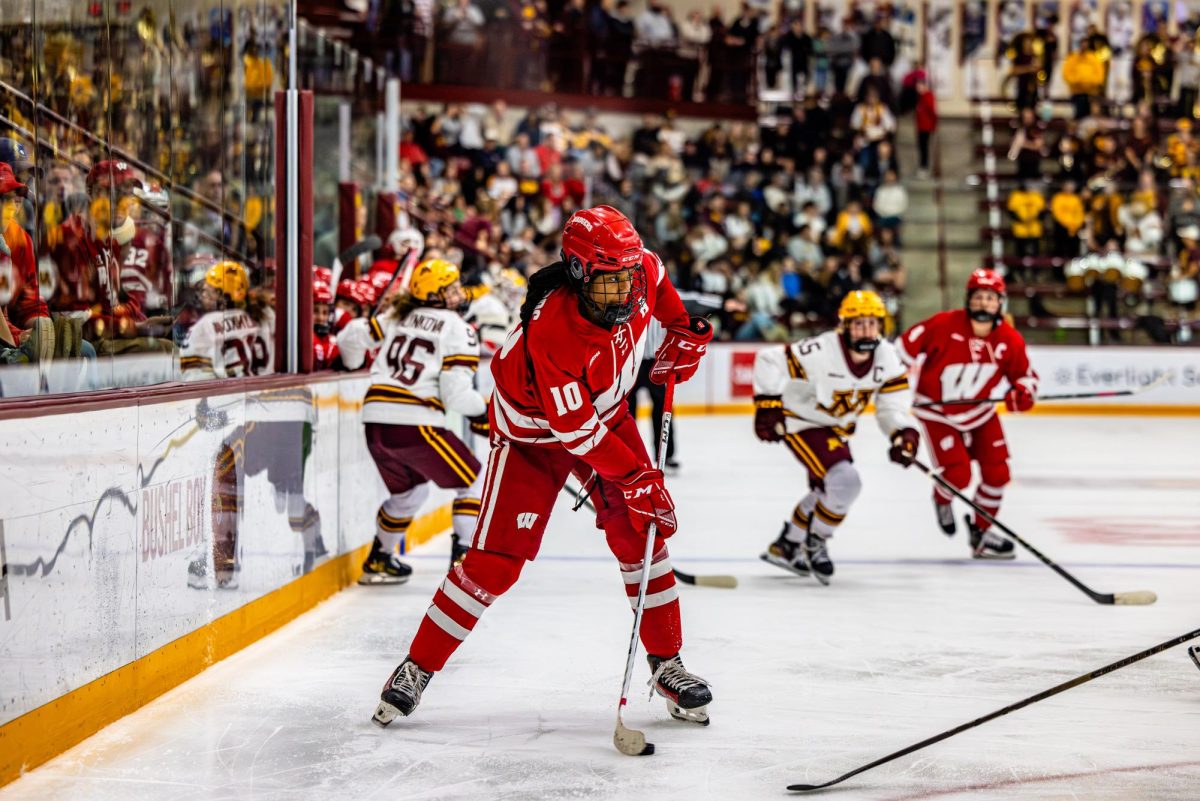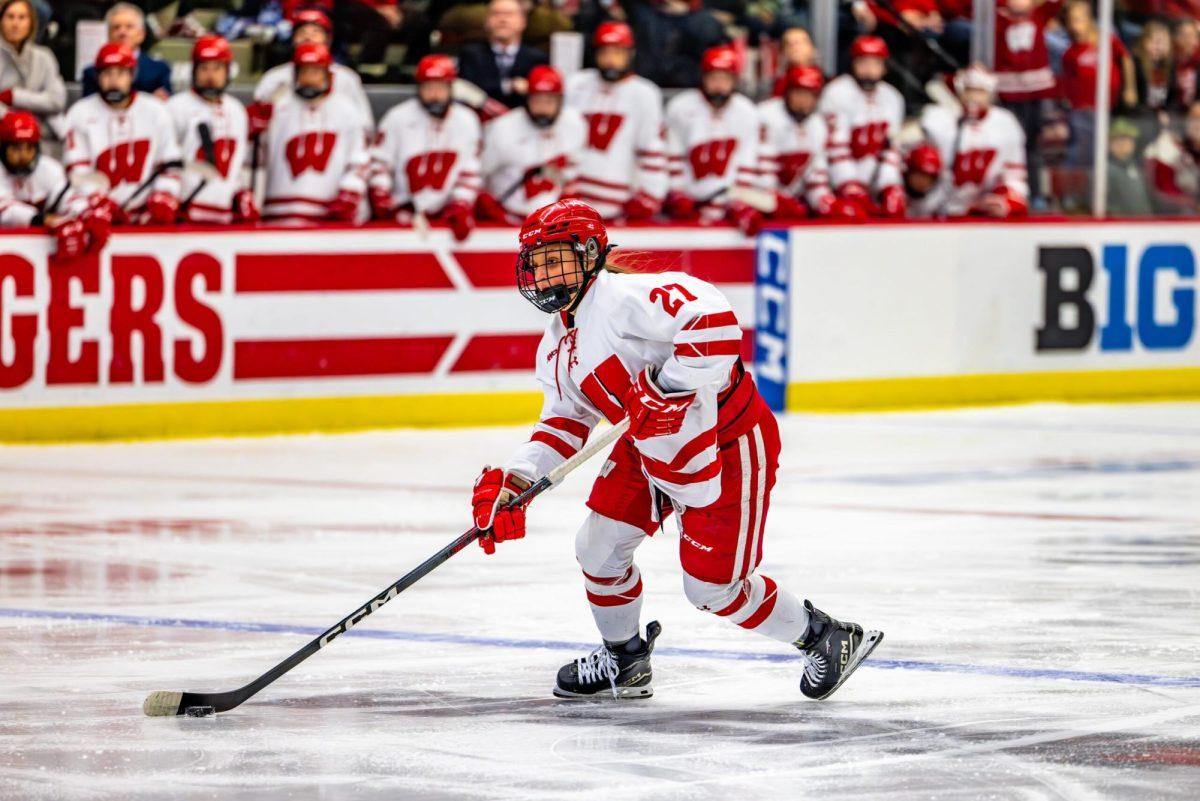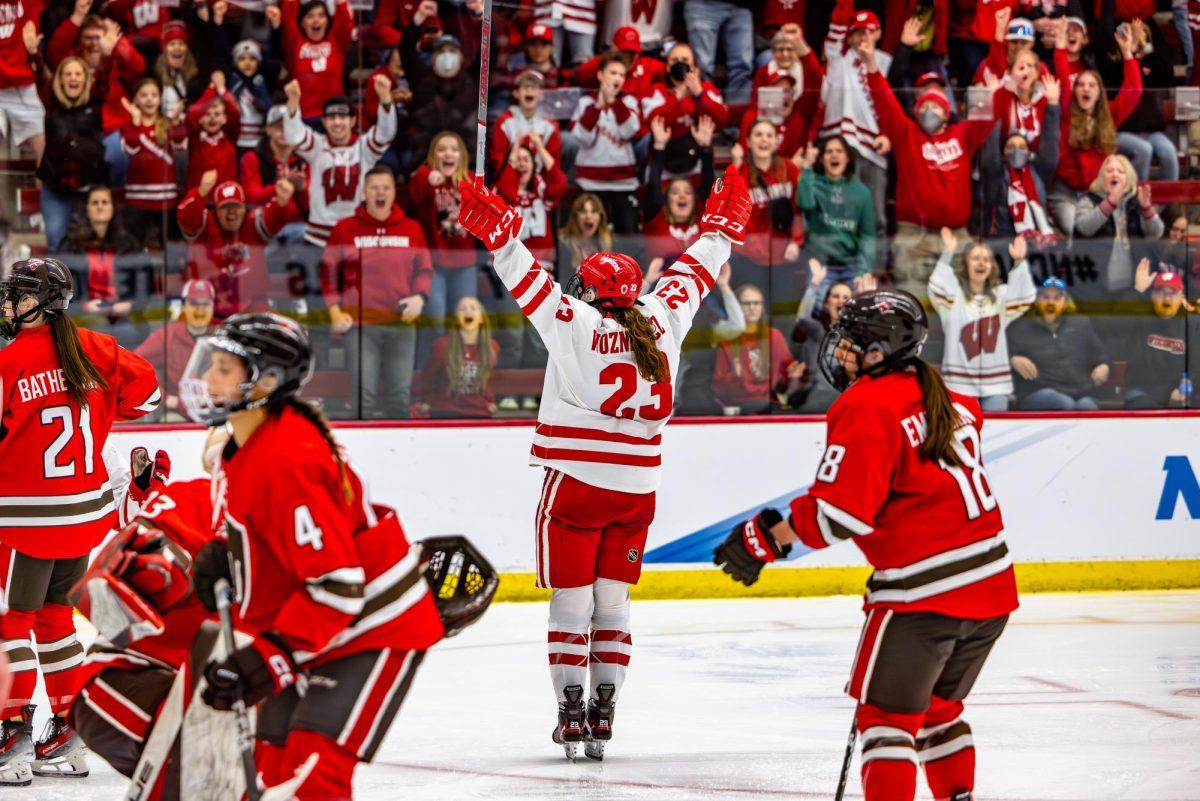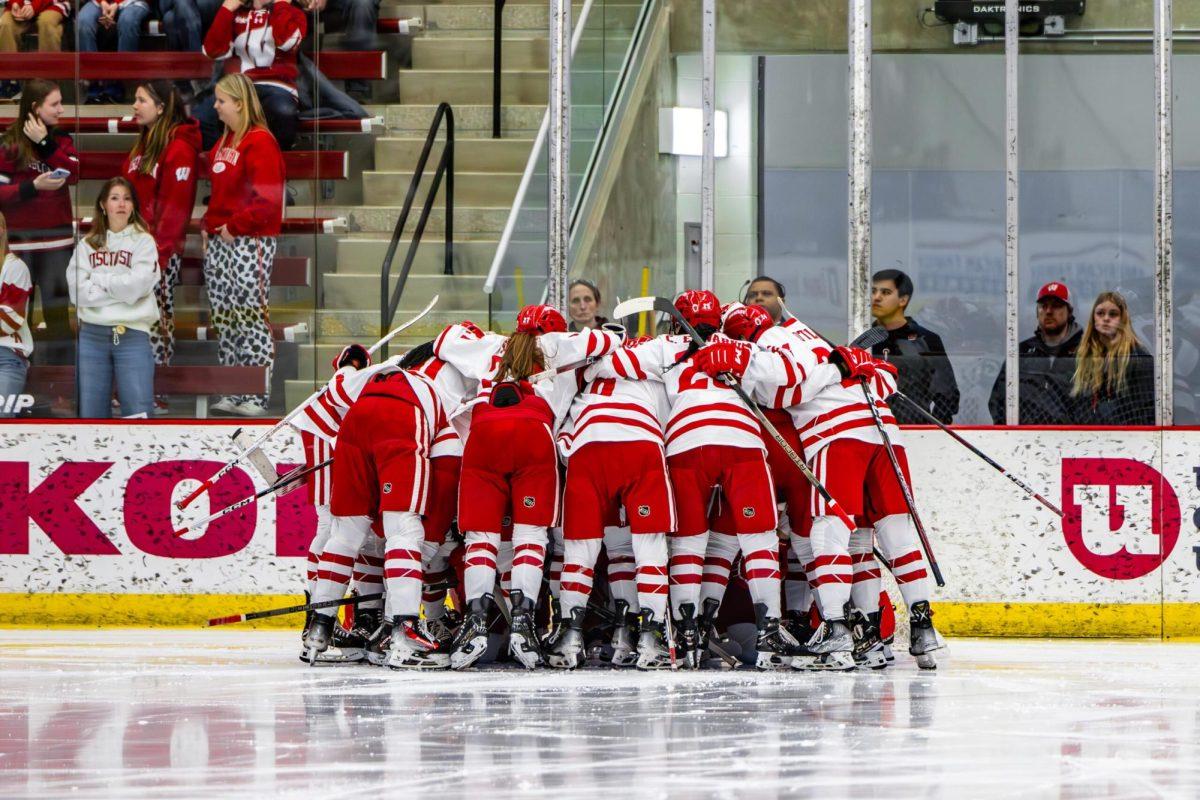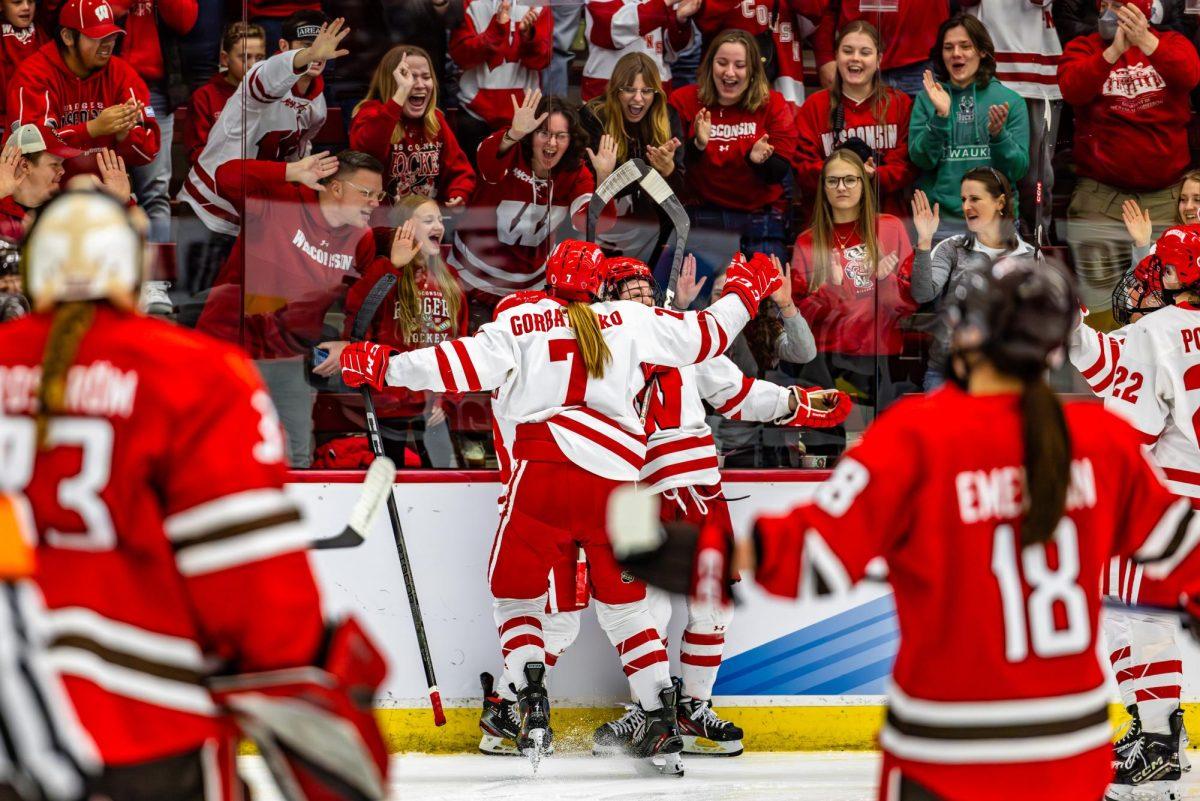The players on the two sides have compared it to their version of the Stanley Cup, the best of seven series in the National Hockey League that crowns the league champion. But to fit the comparison means that the excitement, controversy and the eventual sheer joy on one side and the bitter throes of defeat on the other of the seven-game Stanley Cup would have to be smashed into one 60-minute game. Despite that tall task, the United States-Canada matchup in the women’s hockey gold medal game in the Olympics to the Stanley Cup has lived up to its billing in the past. Don’t expect anything different this time around.
Barring a huge upset in the semifinals by either Sweden or Switzerland, who are matched with the Americans and Canadians, respectively, the border rivals will meet once again in the gold medal game Thursday morning at 11 a.m. central time.
Back in 2006, the United States was shocked by Sweden in the semifinals, marking the first time the United States had lost to someone other than Canada since women’s ice hockey was approved as an Olympic sport for the 1998 Nagano Games. Although you can never predict what will happen in the world of sports, that near gravity-defying upset by the Swedes in 2006 will most likely not be replicated, at least not this time around.
On the other side of things, the Canadians are basically shoo-ins for the gold medal game, considering they already dispatched Switzerland, their opponents for the semifinal, 5-0 earlier in the tournament.
The fact is the United States and Canada are simply head and shoulders above any other team in international competition. Between the two, they’ve won every single gold medal and all but one silver since women’s Olympic play began in 1998.
In a way, the intense rivalry and dominance at the international level in women’s hockey by the U.S. and Canada resembles the rivalry between Wisconsin and Minnesota at the collegiate level in the women’s game. Between the two schools, they’ve won eight of the 13 National Championships since the NCAA began sponsoring a championship for the sport. Minnesota-Duluth has won five championships of its own, but since 2004 Minnesota and Wisconsin have combined to win eight of the last 10 championships.
To put it in a direct comparison, Minnesota plays the likeness of hockey Goliath Canada, as it is the state of hockey, while Wisconsin falls into a role similar to the United States, trying to best their neighbors to the north (and west in Wisconsin’s case).
Lately though, Minnesota has had Wisconsin’s number, and with their sweep of the Badgers this past weekend, the Gophers have now won 10 straight games dating back to 2011. Minnesota has also won the last two National Championships, including one over the Badgers in 2012, and look well on their way to another this year.
Admittedly, as someone who grew up in the Madison area and watched these two teams compete many times, it’s difficult to watch the Gophers win. I stood idly by this weekend and watched Wisconsin get swept, while the Gophers basked in their 4-0 thrashing of the Badgers in front of the largest crowd in college women’s hockey history. It was tough to stomach, to the point where going home Saturday night I felt utterably disheartened that Minnesota had come into the Kohl Center and dismantled Wisconsin. After the game, Wisconsin goaltender Alex Rigsby said what was probably on most people’s minds, at least those associated with the Wisconsin women’s hockey program. She was sick of seeing the Gophers win.
Just as Rigsby and the Badgers tired of having the Gophers come out victorious, I would have to imagine that many of the players on the Team USA echo the sentiments of Rigsby just on another level. They’re sick of seeing the Canadians win. The United States hasn’t won a gold medal in women’s hockey since the inaugural gold in Nagano. Canada has gone on to secure the last four gold medals, and has a three-game Olympic winning streak against the Americans, which includes a 3-2 triumph last Wednesday during pool play.
The good news for Team USA is that the new Olympic format pits the top four teams in the world against one another in the same pool, allowing the United States and Canada to potentially play twice in the same tournament. Although one loss to Canada in the past would have cost the U.S. a gold medal, this time the Americans will have a chance at revenge in the same tournament.
But for that to happen, the rivals of Wisconsin and Minnesota that once despised each other on the ice will have to work together to dethrone the greater evil, Team Canada. Of the 21 players on the United States roster, nine are either former or current stars of the Badgers or Gophers. One of those players includes Amanda Kessel, the reigning Patty Kazmaier award winner — the women’s hockey equivalent of the Heisman — who is from Wisconsin but chose to attend Minnesota instead. She may represent the all too real face of betrayal when she returns to the Gophers next season, but her colors of maroon and gold pale in comparison to the red and white, and of course blue.
Whether or not the United States can finally quench the 16-years of gold drought remains to be seen. But even if Canada comes out on top again, just like when Minnesota triumphs over Wisconsin, you can still appreciate the fact that these are two of the best teams going head-to-head and the time when hockey is at its absolute pinnacle.














